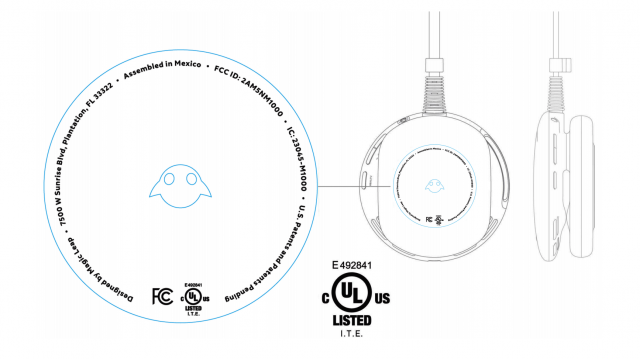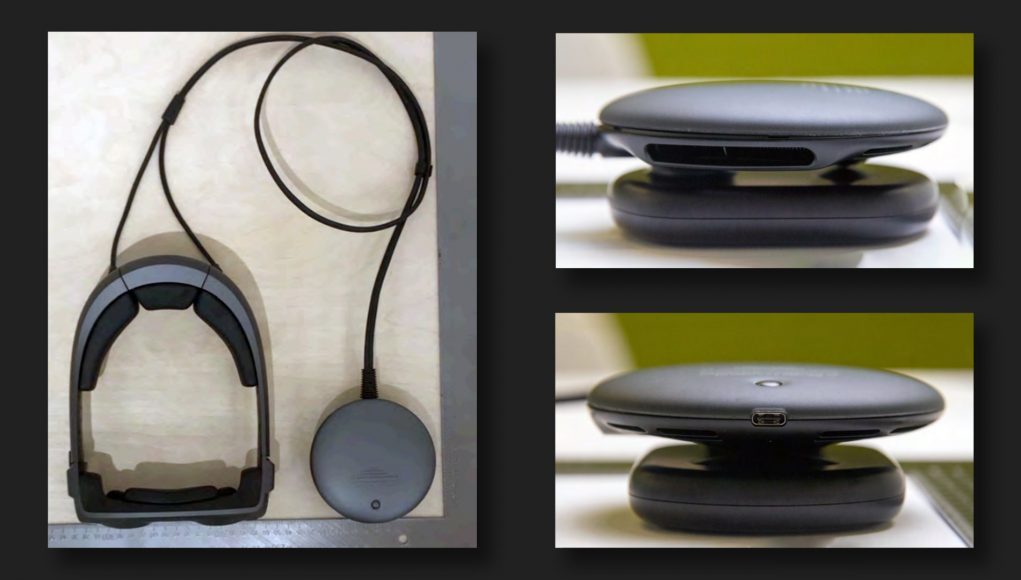Magic Leap is soon to launch its first AR headset, the Magic Leap One. We don’t know exactly when or how much, but following the company’s confirmation that the headset is due to launch this Summer, the product has hit the FCC for certification.
While we already saw the Magic Leap controller pop up at the FCC last month, the ‘Lightware’ headset and ‘Lightpack’ compute module have now followed suit.
The U.S. Federal Communications Commission is tasked with certifying products with electromagnetic emissions to be safe and compatible with regulations. Products utilizing radio, WiFi, infrared, etc. need certification before they can be distributed for sale. Certification by the FCC marks one step closer to the launch of consumer electronics product.

Aside from the publicly available documentation, Magic Leap, like many companies, has submitted a Confidentiality Request to keep the following FCC documents out of the public eye:
- Internal device photos
- Test setup photos
- User manual
Earlier this week Magic Leap showed off the first public developer demo recorded on the Magic Leap One headset, and also confirmed that the Lightpack contains NVIDIA TX2 hardware.
The company further affirmed that the headset is due to launch this Summer, and announced a partnership with AT&T making the carrier and exclusive US wireless distributor of forthcoming Magic Leap products. Precise details on availability and specs haven’t been confirmed, though previously the company’s CEO said the Magic Leap One—which is being positioned as a developer device—would be priced ‘like a premium computer’.







